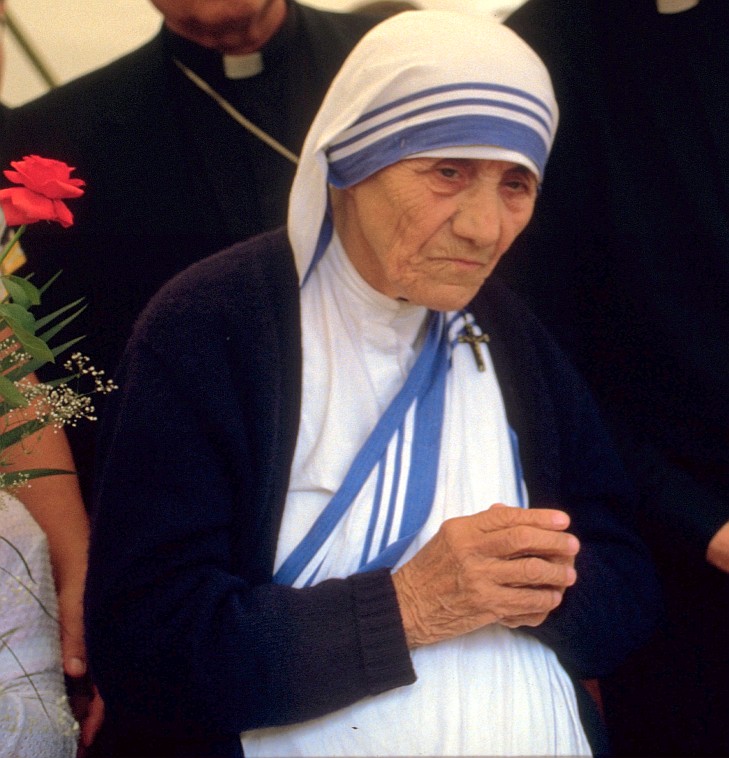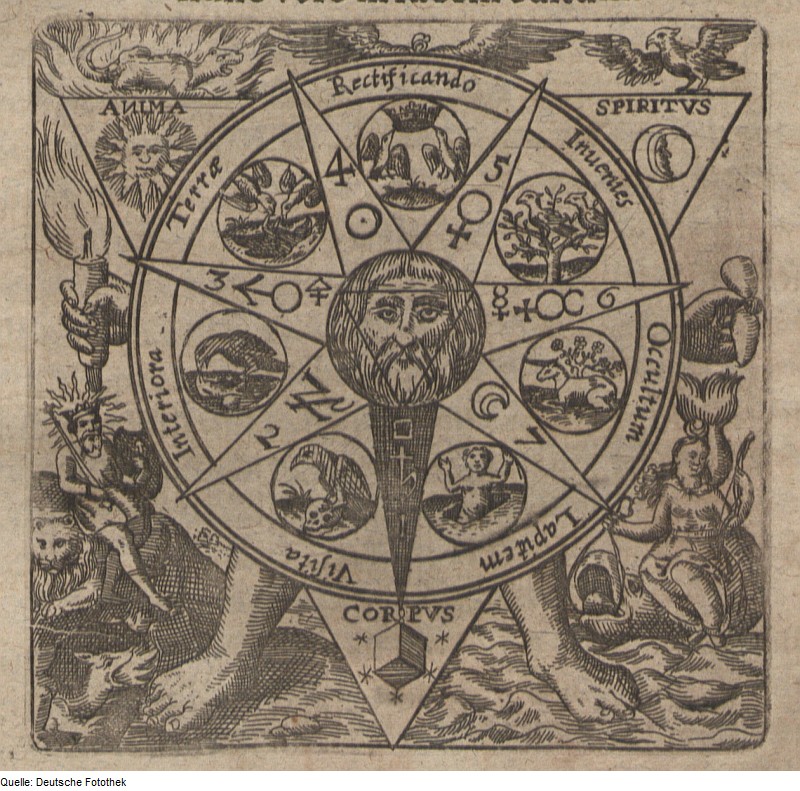I'm a member of the Ordinariate of the Chair of Peter, which is the American group for Episcopal/Anglican Christians who want to be reconciled with the Catholic Church, while retaining their distinctive heritage. You may have heard of (or noticed in my Warning Labels on the right) the Anglican Use; basically the same thing.* It was founded by Pope Benedict a few years ago, and includes Ordinariates in Great Britain, North America, and Australia: Our Lady of Walsingham, the Chair of Peter, and Our Lady of the Southern Cross, respectively. An Ordinariate is a little bit like a diocese, in that our Ordinary is our chief authority, and also a little like a rite, in that our liturgical, historical, and spiritual distinctives are, uh, distinctive -- we have our own character. (In terms of jurisdiction, we're part of the Roman Rite, which makes up the majority of the Catholic Church in this country, though our Mass is significantly different from the norm of the Roman Rite.)
Our Lady of Walsingham, one of most important shrines to the Virgin in England
from 1061 until 1538, when it was looted and burned under Henry VIII.
Today is a memorial in the Ordinariate (though not on the standard Roman calendar) dedicated to three sainted martyrs under Queen Elizabeth I: Margaret Clitherow, Margaret Ward, and Anne Line.
Saint Margaret Clitherow was a convert to Catholicism at the age of eighteen in 1574. She concealed priests in her house (a practice which her husband permitted despite his remaining a Protestant; one of his brothers was a Catholic cleric).
However, in 1586, the hiding places were found out, and Margaret was taken to be tried. She refused to plead, and the practice at the time in these situations was to force the defendant to plea by crushing them with stones until they did so. She remained steadfast in her refusal to plead -- innocent would mean she had not hidden the priests, and guilty would mean she admitted herself in the wrong for doing it -- and was ultimately crushed to death (rather like Giles Corey, who was impressive enough to make a Cracked list by so doing). The day of her death was both the Solemnity of the Annunciation (March 25th) and, it so happened that year, Good Friday. The Queen, on hearing of the matter, wrote a letter to York, the home of the Clitherows, expressing her horror at their actions.
Saint Margaret Ward (whose family may have been recusants**) was a servant to an aristocratic family living in London around the same time. She heard of the maltreatment of an imprisoned Catholic priest, Fr. Richard Watson, and obtained permission to visit him; eventually, in 1588, she was able to smuggle some rope to him, and he escaped.
As his only visitor, she was arrested, and tortured by being kept in iron, hung by her hands, and flogged, but Margaret persistently refused to say anything about Fr. Watson's whereabouts. At her trial, she frankly admitted what she had done and rejoiced in it. She was offered a pardon if she would attend a Protestant service, but refused to do so, and was hanged on this day in that year.
Saint Anne Line was another convert to the Catholic faith: the daughter of a Puritan, she was disinherited for her decision. Her husband, Roger Line, was first imprisoned and then exiled for his own conversion. Anne was put in charge of a house for priests by its founder, an imprisoned Jesuit, and people gathered there to hear Mass.
In 1601, on Candlemas***, her operation was discovered due to the large crowd that came to celebrate the feast. Despite the fact that her health was so bad she had to be carried into the courtroom, she boldly defended her actions at her trial; before she was hanged, she declared to the crowd, "I am sentenced to die for harboring a Catholic priest, and so far I am from repenting for having done so, that I wish, with all my soul, that where I have entertained one, I could have entertained a thousand."
All three were canonized by Pope Paul VI, and are the only women among the Forty Martyrs of England and Wales (commemorated as a group on May 4th). Their memorial is, to my mind, particularly poignant now, while the Islamic State is exiling and murdering Christians in northern Iraq for no offense except their faith. That is exactly what happened to these three. Not one of them was accused of anything that could rightly be called criminal: they had done no harm to their neighbors, nor encouraged others to do so; indeed, because of their assistance in protecting priests and giving them means to escape imprisonment, it may be justly said that they were injured for objecting to injury rather than for inflicting it.
I have no idea what to do as far as opposing the IS goes, except to pray. Even as a pacifist I am inclined to despise the useless waffling of the government on the subject -- not because I want the state to resort to violence in defending the Christians there (I don't), but because I want them to do something rather than nothing. And who knows, perhaps some even among our officials are praying. But -- and although it is certainly not an answer to unjust suffering -- I take some small encouragement from the bravery of these women, who helped keep the Catholic faith alive during a time of senseless brutality, and recollect Tertullian's dictum: Sanguis martyrum semen Ecclesiae, "The blood of the martyrs is the seed of the Church." When two thousand years of persecutions, here and there, there and here, have not managed to exterminate Christianity, the tactics of the IS do begin to look a bit pigheaded.****
Saints Margaret Clitherow, Anne Line, and Margaret Ward, pray for us.
*Basically. However, the Anglican Use is actually older than the Ordinariates -- it originated under St. John Paul II in 1980, as a pastoral accommodation for Episcopal communities that were joining the Catholic Church but wished to keep their clergy, some of whom, being married, would not normally have been eligible for Holy Orders in the Roman Rite. These communities, though they kept their own way of doing a lot of things, were received into full communion with Rome and incorporated into the local diocese (or so I understand). When the Ordinariates, which are relatively independent structures, came into being, some of the pre-existing Anglican Use parishes joined, while others remained attached to their local dioceses.
**Recusancy was a legal term, referring to refusal to attend Anglican services, which were mandated by law, beginning during the reign of Elizabeth I and lasting until their repeal in 1650 under Oliver Cromwell. Penalties for recusancy could include fines, confiscation of property, and even imprisonment; nonetheless, there were many Catholic recusants in England and Wales during this time, including a great number of families of the nobility -- notably the Howards, whose scion Catherine became the fifth wife (or at any rate consort) of Henry VIII, and the Mores, the family of the martyred Thomas. Yorkshire, from which St. Margaret Clitherow came, was one major center of underground Catholicism during the Tudor and Stuart eras.
***Candlemas is the Anglican name for the Feast of the Presentation, so called because it was on this feast that candles were traditionally blessed for church use. It has been preserved in the Anglican Use.
****To say nothing of being inconsistent with the Quran. The IS, or ISIS (the Islamic State in Iraq and Syria), has drawn fire from fellow Moslems of various traditions and ethnicities for precisely this reason. It is true that historical Moslem practice has accorded a second-class status, called dhimma, to non-Moslems living in Moslem countries -- which is perhaps not so very unlike the effects of anti-Semitism in Mediaeval Christendom, but that need not detain us for now -- but the Quran explicitly states that there is to be "no compulsion in religion" (Sura 2), and a hadith of the Prophet himself states that "Whoever killed a Mu'ahid [i.e., one granted a pledge of protection by Moslems, such as the tradition of dhimma grants] shall not smell the fragrance of Paradise though its fragrance can be smelt at a distance of forty years of traveling."













_-_James_Tissot.jpg)
